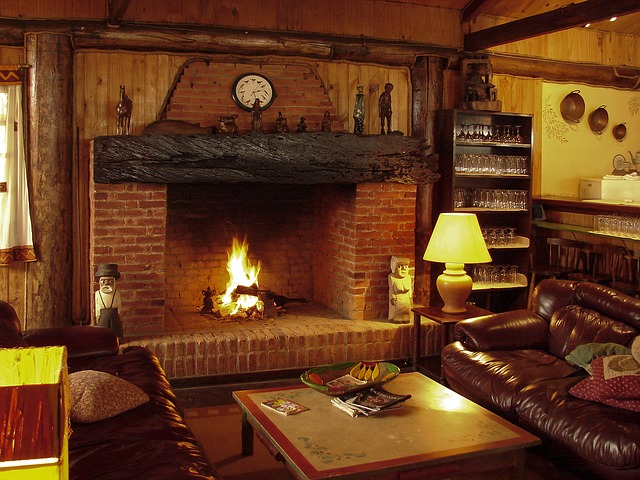Cottage Heating & Fire Safety
(Published on - 10/8/2019 6:16:40 PM)

As the cottage nights become cooler, we immediately think about turning on the heat. Heating options can vary cottage to cottage but safety should always be a concern. From baseboard to fireplace, forced air to wood stove, here are a few handy tips to keep in mind when keeping cozy at the cottage.
- Have your heating system serviced regularly by a professional, including chimneys and woodburning fireplaces. Clean around heat sources and keep dust and other flammable items away from ignition sources.
- Keep firewood, piles of leaves and garbage away from the home. If a grass fire starts nearby, these items next to your home could easily become kindling.
- Have your chimney cleaned twice a year and inspect your flue vents regularly. To prevent creosote from building up in your chimney flue, don’t burn cardboard, trash or green wood.
- Keep a Class A fire extinguisher on hand. Also, make sure smoke alarms and carbon monoxide detectors are installed in the proper locations and test them regularly.
- Don’t use gasoline, charcoal starter fluid or other flammable liquids to start your fire.
- Teach your children to stay clear of hot stoves and burning fires. Never leave young children unattended when you’re operating your fireplace or wood stove.
- Let ashes cool in a metal container before discarding. They can contain live coals. Never dump hot ashes inside or near your home; keep them in a metal container well away from your house and garage.
- Store your indoor wood supply safely away from your woodburning appliance. Check with your local fire department or wood stove manual for proper clearances.
Fireplace owners: Open the damper before you light your fire, and keep it open until the fire has burnt out and the ashes are cool. Use a screen to keep logs and embers inside your fireplace.
- Make sure the chimney cap is securely attached to the chimney.
- Make sure the chimney cap's mesh covering is intact and that no debris or animals are able to get through it.
- Cut back any tree limbs overhanging your chimney. Apart from the obvious fire hazard, they can also knock into the chimney during a storm and damage it or the chimney cap.
- Check the masonry around and on the chimney. Loose or cracked brickwork should be repaired before it gets worse.
Woodstove owners: Have your fire department, building inspector, stove retailer or chimney sweep ensure your stove meets WETT (Wood Energy Technology Transfer) safety guidelines. If you’re installing a new stove, place it well away from walls, furniture, curtains and other combustible material, and make sure it has proper clearance, a floor pad and a ventilation system.
Baseboard heaters should be clear of all dust and debris. Furniture, curtains and anything flammable should be kept a safe distance from the actual heater itself.
Nothing should get in the way of you and your family and friends enjoying the cottage at one of the most colourful times of the year!

Rob Heming at Realty Executives on the Bay
specializes in tourism accommodation, recreational and multi-residential properties,
as well as fine homes and waterfront cottages.